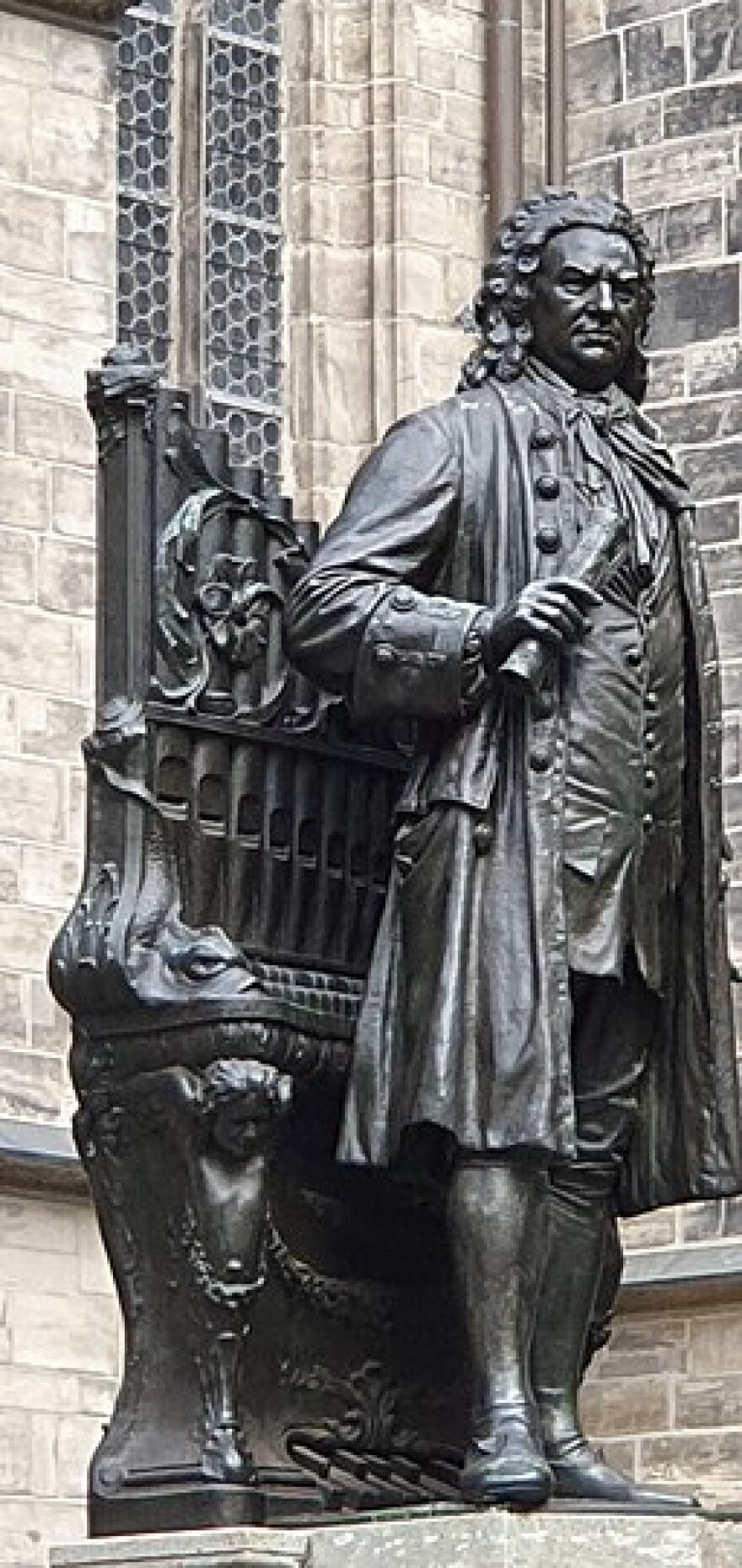Trades run in some families like water from leaky faucets. The most famous family of musical tradesmen is the Bach family, which over the span of two centuries – from the 1500s to the early 1800s – produced more than four dozen musicians and composers of note.
That’s a lot of musical DNA.
So while pure genius may in part explain the extraordinary musical abilities of the Bach family’s most famous musician, Johann Sebastian Bach was nurtured in a family that held the art and craft of musicianship in highest regard.
By the time JS. Bach came into the picture, three generations of musical Bachs had preceded him. The family’s first professional musician was Johannes Bach I (c. 1550-1626). Johannes – Hans, as he was called – had studied music with the town piper of the central German town of Wechmar and eventually became town piper and a traveling musician.
All three of Hans’ children became professional musicians. Hans’ second son, Christoph Bach (1613-61), worked as a professional musician in Weimar, Erfurt and Arnstadt.

Christoph handed down the musical trade to all three of his children, who included a pair of twin boys. One of those twins, Johann Ambrosius Bach (1645-95), became town piper of Arnsdadt and eventually director of the town music in Eisenach where, according to the town chronicle, he made a splash on Easter morning 1672 with an all-out musical offering the likes of which that town had never heard before.
All seven of Christoph’s grandchildren were born after Christoph's death, so he could not have known that one of them, Johann Sebastian Bach (1685-1750), would be one of the world’s true musical geniuses.
Similarly, Johann Ambrosius Bach passed away when the youngest of his four sons, Johann Sebastian Bach, was only 10 years old and so was robbed of the chance to see the glorious contributions his son would bestow on the world of church music. However, he no doubt saw at least early glimmers of his son’s extraordinary musical gifts.
The Bach family music gene didn’t die out with J.S. Bach. Seven of his 20 children had musical careers, as did innumerable cousins, nephews, great-nephews and at least one grandchild of J.S. Bach. And it is said that a clutch of direct descendants of J.S. Bach are alive today, though they do not bear the Bach surname.
So who knows? The Bach musical DNA might still be splashing around in the gene pool.
As you are enjoying family get-togethers during the holidays, come to a Bach family gathering and
enjoy uplifting music by four generations of Bachs on Christmas Bachs, Christmas Eve at 9 a.m. on Classical 101.



